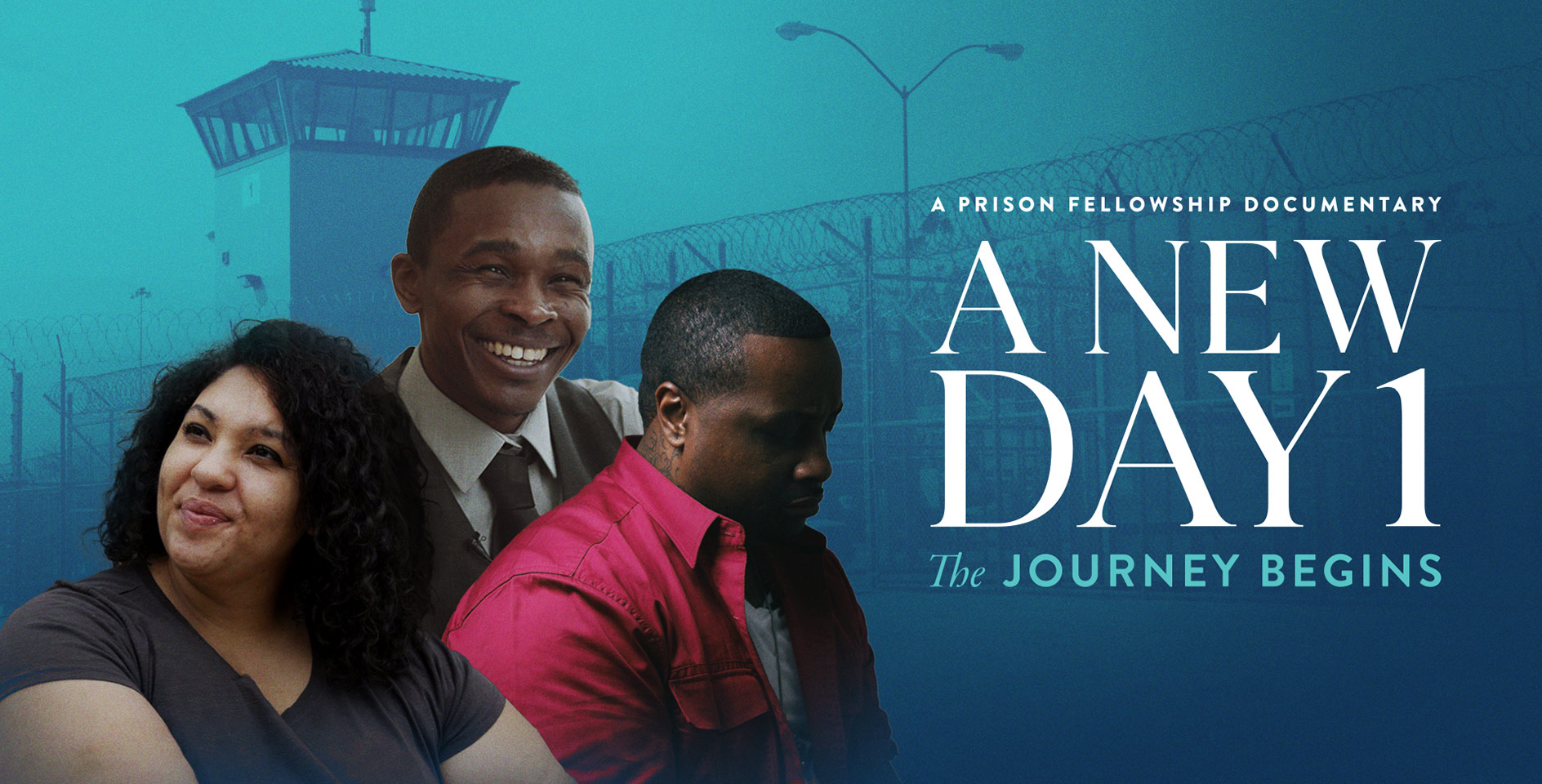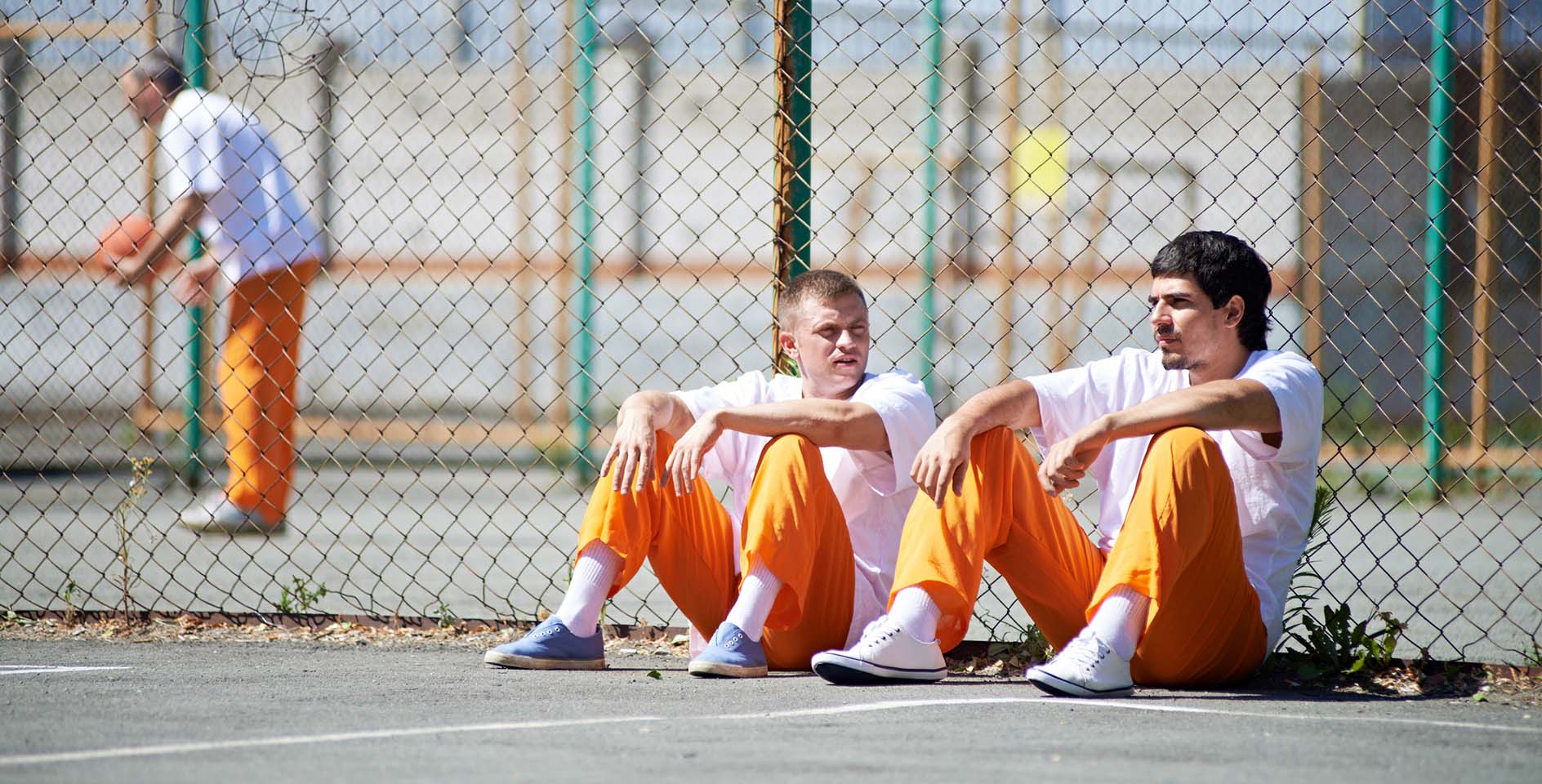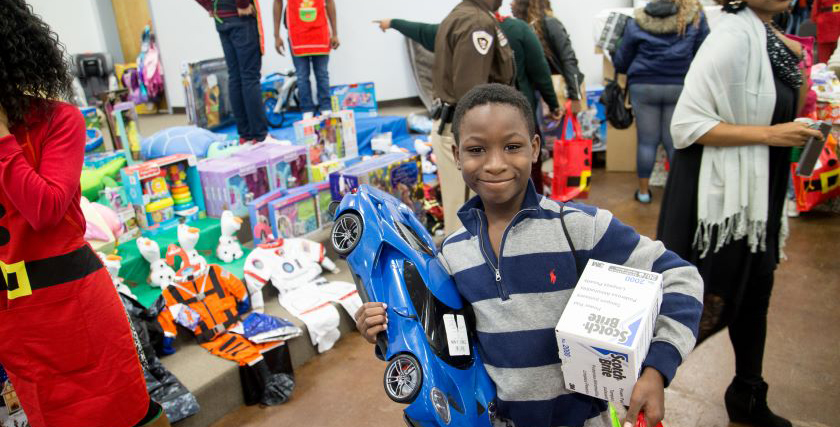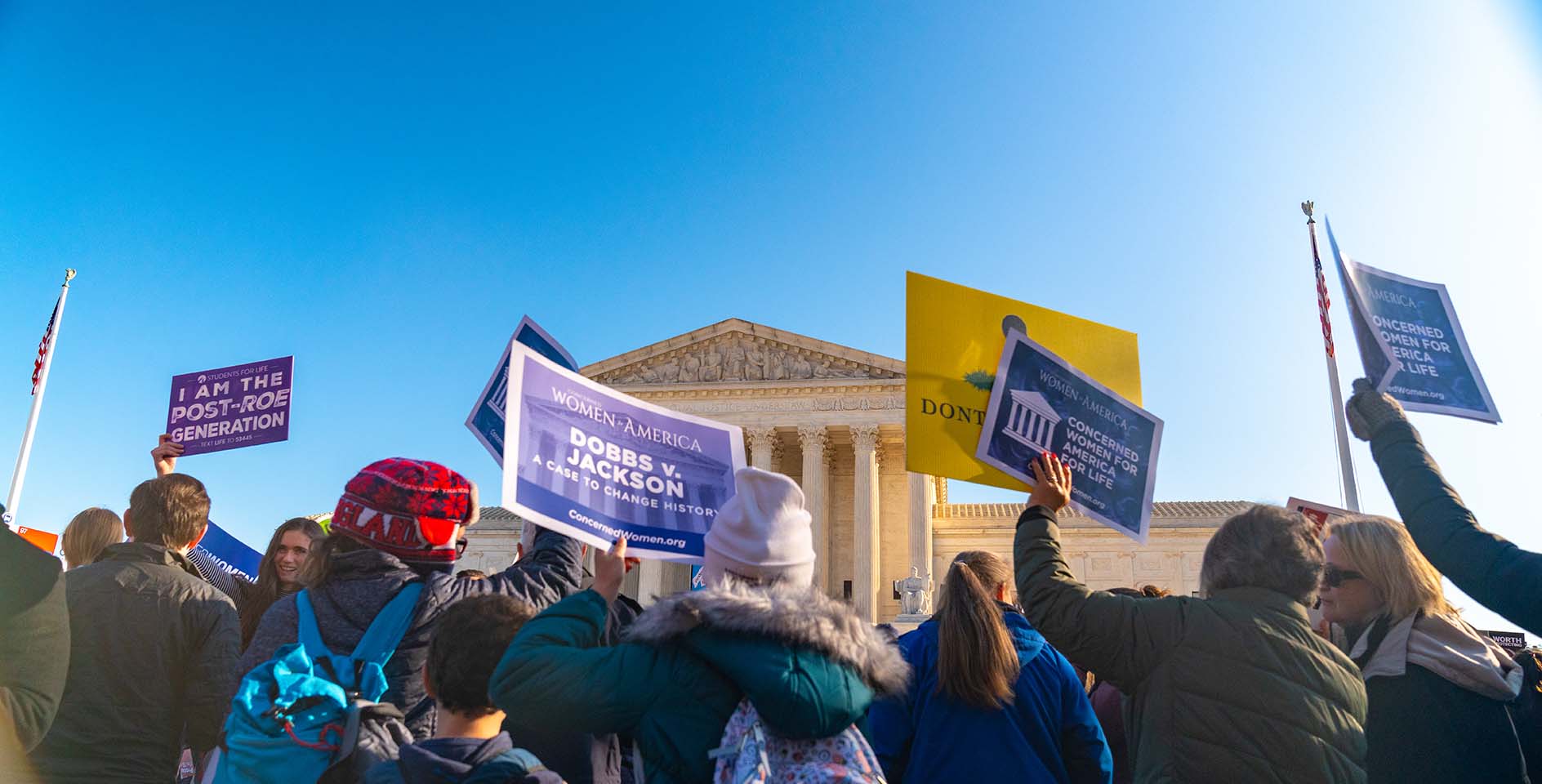Many people are released from prison with little more than a bus ticket and a bit of cash. Walking free can feel exhilarating — and terrifying.
“You’re used to the structured environment and people telling you when to wake up,” says Jason, a formerly incarcerated man from Detroit. “[After prison] your freedom is given to you all over again. I don’t think anything can prepare you for that moment.”
Struggles after incarceration
More than 600,000 people return home from incarceration each year. Jason’s journey out of prison, along with the reentry stories of Jeffrey (“Hajee”) in Virginia and Alona in Oklahoma, begins to unfold on screen in A New Day 1, a new documentary short film by Prison Fellowship®.
Often, people leave prison without much support or stability. Jason, Hajee, and Alona each experienced exceptional levels of support, starting with Prison Fellowship Academy®, a long-term, intensive program, and continuing postrelease with halfway houses, churches, family, and community. And each of them still experienced difficult hurdles on the path forward.
People who commit crimes should be held accountable, seek help dealing with issues underlying their behavior, and make an effort to repair the harm they have caused. Once people have paid their debt to society, they should have a fresh start. But more than 44,000 documented legal restrictions, along with widespread social stigma, can hinder people who live in the shadow of a criminal record. Immediately past the prison gates, they face limited access to education, jobs, housing, and other necessities for a full and productive life.
Jason struggled to secure a job due to his criminal record, which would make it difficult to pay his bills. Hajee, too, faced hurdles; he found work, but when his company faced financial struggles in the pandemic, Hajee was let go. Jason and Hajee both admitted they had to be diligent to surround themselves with positive influences in their old neighborhoods. Alona took back her responsibility of being a mother and primary caregiver for her three children while trying to follow her probation requirements and rules of the transition home. And the stress took a toll on her.
All three of them knew reentry wouldn’t be easy. But when reality hit, the challenges could seem overwhelming.
And returning citizens aren’t the only ones who suffer when their past holds them back. When people with a criminal record face reentry barriers, their children and families are impacted, too. Not to mention society at large — the U.S. loses some $78 billion a year in economic output because people with a criminal record cannot participate fully in the workforce.
Showing the hope of the gospel
Too often, men and women stay trapped in the cycle: crime, incarceration, reentry, repeat. Not only do communities continue to experience the brokenness of crime; everyone misses out on the hope of second chances — the realized potential of people who have paid their debt to society and desire to contribute.
Each person is made in the image of God, and no life is beyond his reach. Followers of Christ are called to share the grace and truth of the gospel with all people and to minister to those who are marginalized or oppressed. The act of serving prisoners, former prisoners, and their families in the name of Jesus is not only a ministry but also a means of worship and spiritual growth. Recognizing the basic, God-given dignity of each individual, we should create a culture that celebrates formerly incarcerated people’s worth and potential, regardless of their past.
Most people behind bars will be released one day. Many of us know someone who is doing time or has been incarcerated in the past, and their criminal record haunts them after they walk free. Your church can respond by addressing the needs of returning citizens and being a place of welcome.
But we cannot effectively love and serve returning citizens without understanding the unique issues and challenges they face — from barriers to employment, to impact on families, to mental health struggles and social reproach.
A New Day 1 allows us to witness the journeys of people leaving prison, so we might learn, empathize, and respond to our own formerly incarcerated neighbors with the love of Christ. Prison Fellowship’s free, downloadable discussion guide for A New Day 1 will help you explore next steps for engaging further. Gather your friends, small group, or coworkers for a virtual or in-person screening of the film, and then unpack it together using the prepared questions and helpful information.










